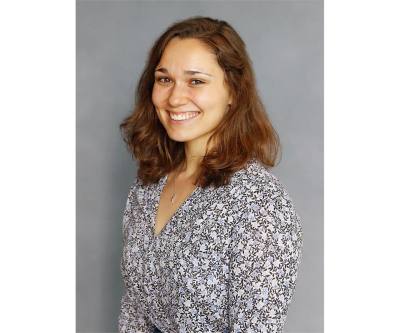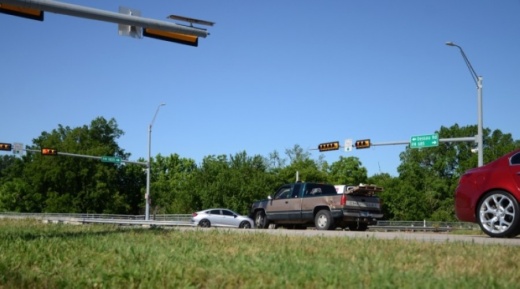Council approved the execution of an interlocal agreement with Capital Metropolitan Transportation Authority for a 12-month program serving a 3.5 square-mile area of the city, largely along the Pecan Street corridor.
The estimated budget for the proposal amounted to just over $500,000, per city documents, with a local match of slightly over $300,000 paired with $200,000 in federal funding.
The city dedicated $391,000 in its fiscal year 2020-21 budget for public transportation services, with the intention of allocating the funds to its pilot program. The iteration of the proposal, approved by council, is aligned with the city's transit development plan, adopted in August 2018.
Specific program metrics were denoted as part of the pilot proposal, which included the following: accident rates, response times, on board times, passengers serviced per hour and wheelchair accessible vehicles use, based on population.
Incorporated into the city's plans included addressing the mobility needs of residents and gauging feedback through ridership and wheelchair accessible use, as well as user ratings. Regional connectivity goals pertained to the pilot program's connections to Tech Ridge and the cost effectiveness of the model, determined by the cost per passenger.
The program is expected to launch in early 2021, Deputy City Manager Trey Fletcher said Nov. 10. A six-month benchmark evaluation has been factored into the agreement for council to review, discuss and potentially alter the trajectory of the pilot program, as needed.
The pickup program's response time is estimated within 15 minutes of the request, and Capital Metro anticipates servicing between 36 and 50 riders daily. Costs per ride are listed as $1.25 each way, per city documents.
Peña said he could not wrap his head around the dollar amount of the proposal and expressed concern that the demand for service will not support the overall costs of operations. Council Member Jim McDonald said that this program is not designed to be a community-wide approach; rather, McDonald said it provides citizens in need of mobility assistance to get from their homes to a specific destination, such as the grocery store, doctor's office or place of worship.
“Sometimes for an equitable solution, the cost is a little bit higher than what you can normally wrap your head around," McDonald said.
However, Marsh implored council to remember these metrics and facilitate community feedback when the pilot program's year-end analysis resurfaces in 2021. He said he is worried the city will potentially take a large fiscal hit from Capital Metro in the future if it is not critical during the program's performance analysis.
Heath suggested the program should be implemented closer to Amazon's summer 2021 launch, floating a May 2021 start date. Other council members, including Doug Weiss, proposed an early 2021 start date allows the city to move forward with the program as quickly as possible while still analyzing variations in ridership data following Amazon's launch.
Council Member Rudy Metayer said he appreciated the progression of the interlocal agreement and was happy to see more specific metrics addressed in this version of the proposal.
“If you can’t measure it, you can’t go ahead and see what success is and what success isn’t," Metayer said.
Editor's note: This story has been updated with additional context regarding the boundaries of the pickup transit program.





